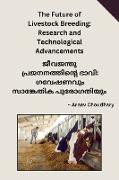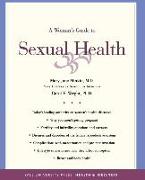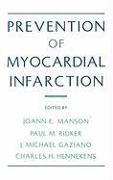The Future of Livestock Breeding
BücherAngebote / Angebote:
Meat and Milk: Growing Hunger
Meat and milk have always been staples on the Kerala table. From the curries of the backwaters to the seafood of the backwaters, from the eggs of the local markets to the milk from the dairy farms, each of this region's culinary delights is enriched with these nutritious products. However, in today's times when Kerala's food habits are changing, it is time to think about the increasing consumption of meat and milk and the challenges that come with it.
Hunger is growing, but production is lagging behind
Meat production in Kerala is primarily from poultry, pork, and goat. According to 2022 figures, approximately 2.5 lakh tons of meat were produced in the state. However, this is only 25% of our consumption. The remaining 75% is imported from abroad and other states. A similar trend is seen in the case of milk. While 19 lakh liters of milk is produced daily in Kerala, the state's requirement is 35 lakh liters. To bridge this gap, 16 lakh liters of milk or so have to be imported daily.
The challenges of increasing meat and milk consumption
The increasing consumption of meat and milk poses a number of challenges, including:
· Food security: The growing demand for meat and milk is putting a strain on the state's food security. This is because the state is not producing enough of these products to meet its own needs.
· Environmental impact: The production of meat and milk has a significant environmental impact. For example, livestock production is a major contributor to greenhouse gas emissions.
· Animal welfare: The production of meat and milk often involves the exploitation of animals. For example, factory farming of animals can lead to poor living conditions and inhumane treatment.
Folgt in ca. 10 Arbeitstagen




